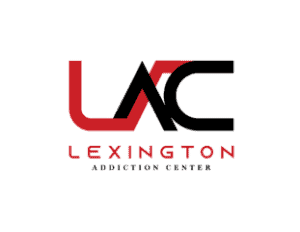When considering the addictive potential of Xanax when taken as prescribed, it’s essential to understand the nature of benzodiazepines and the factors that contribute to addiction. Xanax, like other benzodiazepines, acts on the central nervous system by enhancing the effects of a neurotransmitter called gamma-aminobutyric acid (GABA).
This results in a calming effect, which can be beneficial for managing symptoms of anxiety and panic disorders. However, the same mechanism that provides relief can also lead to tolerance, dependence, and addiction over time.
Even when taken exactly as prescribed by a healthcare professional, Xanax can still lead to physical dependence. Therefore, the body becomes accustomed to the presence of the drug and may experience withdrawal symptoms if it is suddenly stopped or the dosage is reduced.
While physical dependence is not the same as addiction, it is a significant risk factor for the development of addiction. Individuals may find themselves needing higher doses of Xanax to achieve the same therapeutic effects, leading to a cycle of increasing tolerance and dependence.
Moreover, Xanax can produce feelings of euphoria and relaxation, especially when taken in higher doses or in ways other than prescribed. These pleasurable effects can contribute to the potential for misuse, abuse, and addiction, even among individuals who initially started taking Xanax for legitimate medical reasons.
Healthcare providers must navigate the question, “Is Xanax addictive when taken as prescribed,” to ensure patients receive informed guidance on its potential for dependency. Thus, close monitoring, regular evaluation, and the implementation of alternative treatments or strategies when appropriate are essential for mitigating the risk of addiction and promoting the safe and effective use of Xanax.

 859-681-7823
859-681-7823









































